Islamabad – April 7, 2025:
Governor of Khyber Pakhtunkhwa, Faisal Karim Kundi, addressed the opening session of a high-profile seminar organized by the Islamabad Policy Research Institute (IPRI) on the topic “Challenges of Security and Governance in Khyber Pakhtunkhwa”.
During his keynote address, Governor Kundi candidly acknowledged that the province is currently grappling with multiple critical issues including terrorism, governance voids, and economic instability. He emphasized that corruption and the lack of political ownership further compound the province’s ongoing difficulties.
“To improve the standard of governance in KP, it is essential to ensure transparent use of public funds,” the governor stated. He commended the sacrifices of security forces in restoring peace across the region but cautioned that security threats have not been completely eradicated.
Speaking on the post-merger scenario of the formerly Federally Administered Tribal Areas (FATA), Governor Kundi pointed out that the governance vacuum, border-related criminal activity, and systemic corruption still persist in the merged districts.
He called for effective management of border regions, enhanced inter-institutional coordination, and sustainable policymaking to tackle these enduring challenges. Governor Kundi also reflected on the misuse of development funds over the past decade, remarking that despite legislation, tangible outcomes remain elusive.
For sustainable governance, he stressed the need to empower Public Accounts Committees, conduct public hearings on audit reports, and implement robust accountability mechanisms within the government.
“Without ensuring financial discipline and transparency, the dream of good governance will remain unfulfilled,” the Governor concluded.


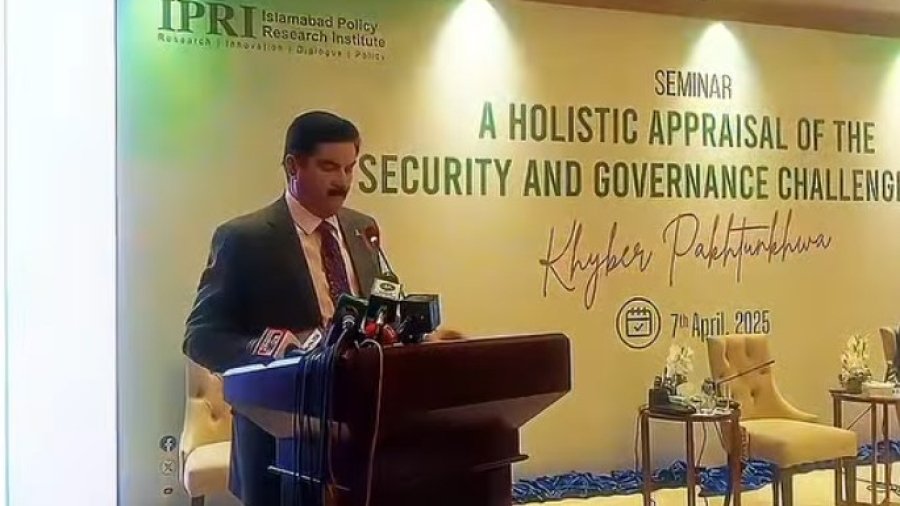
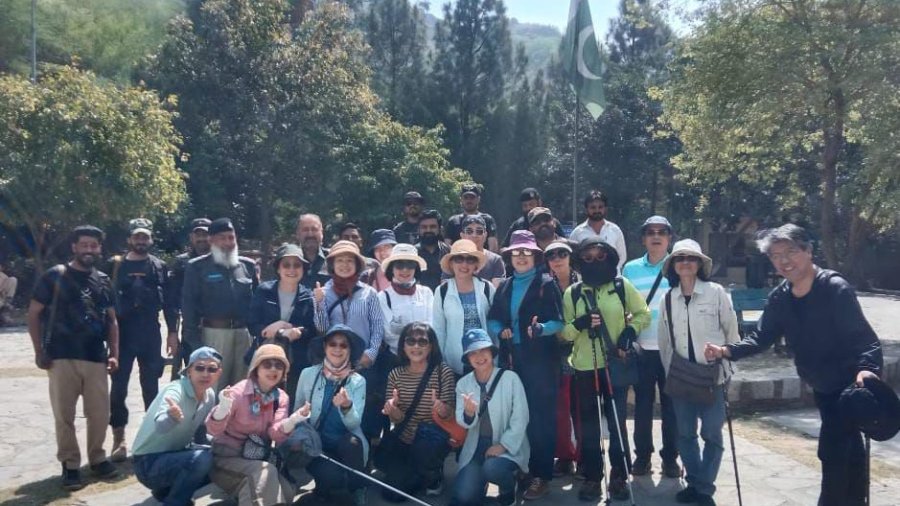
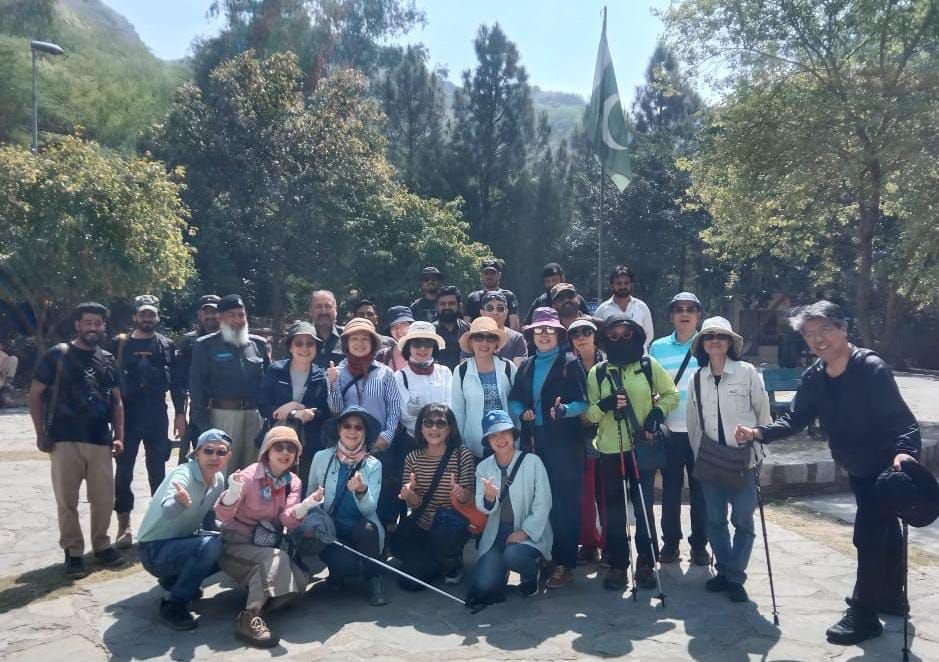
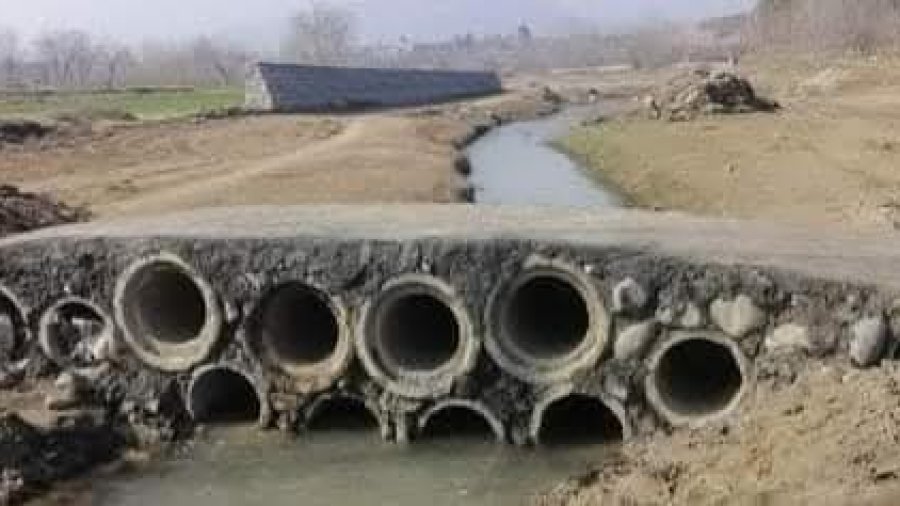
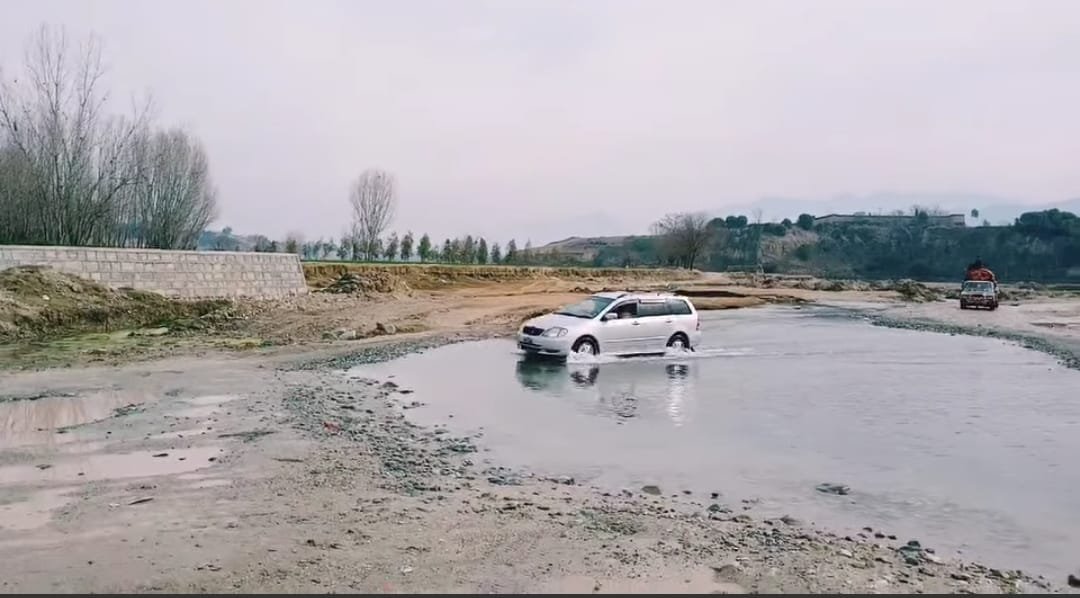 by 32 feet, and the flow in River Rud and Mamund River has decreased by 70%,” he explained. “Deforestation has destroyed our springs, and without trees, the soil cannot hold moisture. If this continues, our wells will run dry within the next decade. It is heartbreaking to see our once-flourishing rivers now struggling to survive.”
by 32 feet, and the flow in River Rud and Mamund River has decreased by 70%,” he explained. “Deforestation has destroyed our springs, and without trees, the soil cannot hold moisture. If this continues, our wells will run dry within the next decade. It is heartbreaking to see our once-flourishing rivers now struggling to survive.”